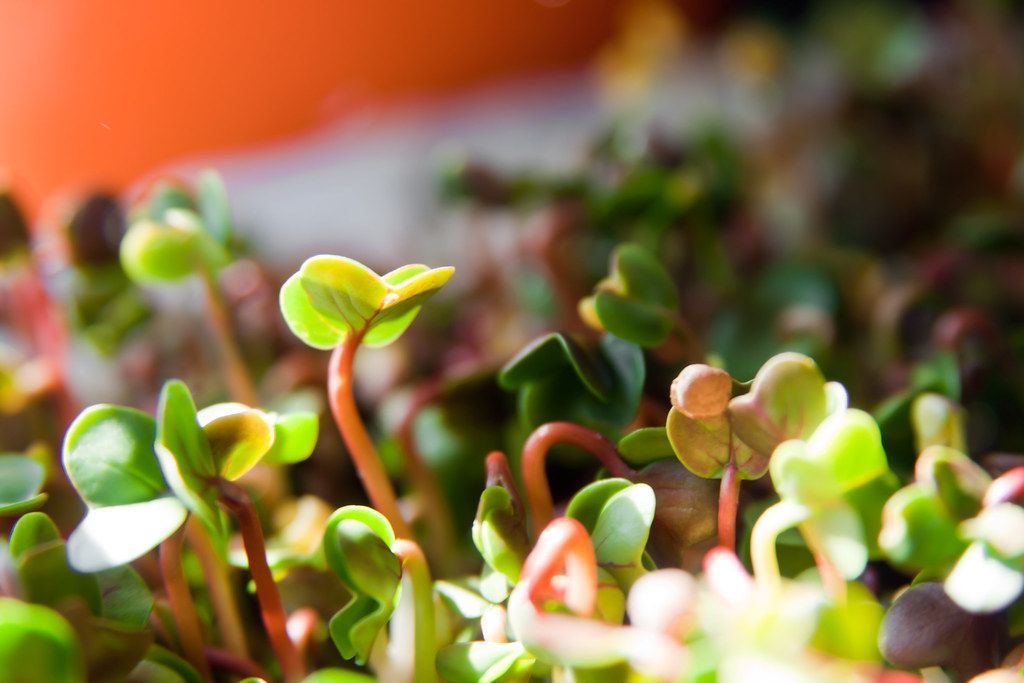What about a nice organic approach then?
Emporium Hydroponics • August 21, 2025
Here are the advantages (and slight challenges) of the organics....

Using organic nutrients in a hydroponic growroom can have some compelling benefits, though they also come with unique challenges. Here’s a breakdown of why you might choose organic nutrients:
🌱 Benefits of Organic Nutrients in Hydroponics
Improved Plant Health & Flavour
- Organic nutrients contain a broader spectrum of micronutrients, amino acids, and natural compounds that can enhance flavor, aroma, and overall crop quality.
- Many growers report more “terpene-rich” plants in herbs such as basil when using organics.
Microbial Life & Root Zone Health
- Organic nutrients encourage beneficial microbes, fungi, and bacteria in the root zone.
- These microbes help break down organic matter into plant-available forms, while also protecting roots from pathogens.
Sustainability & Eco-Friendliness
- Organic nutrients are often derived from renewable, natural sources (compost, seaweed, fish hydrolysate, etc.).
- Reduces reliance on synthetic salts, which can be environmentally damaging to produce and dispose of.
Lower Salt Build-Up & Toxicity
- Synthetic hydroponic salts can accumulate in media or reservoirs, stressing plants.
- Organics generally release nutrients more slowly and naturally, reducing the risk of “nutrient burn.”
Improved Soil-less Media Structure (in some systems)
- If you’re using coco coir or other organic-leaning substrates, organics help maintain a more balanced microbial ecosystem, preventing compaction and aiding root aeration.
⚠️ Challenges to Consider
- Reservoir Management: Organic nutrients can cause biofilm or sludge in tanks and lines, requiring more frequent cleaning.
- Oxygen Demand: Microbes feeding on organics can deplete oxygen in water if not properly aerated.
- Clogging Risk: Drip systems or fine emitters may clog more easily with organic nutrient solutions.
- Consistency: Nutrient availability can be less precise than with synthetic salts, requiring monitoring and adjustments.
👉 In short:
- If you want flavour, sustainability, and natural plant resilience, organic nutrients are a strong choice.
- If you prioritise precision, control, and efficiency, synthetic nutrients may be easier.

